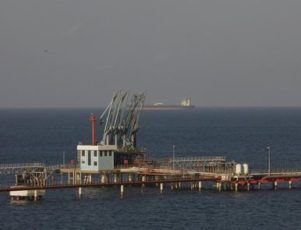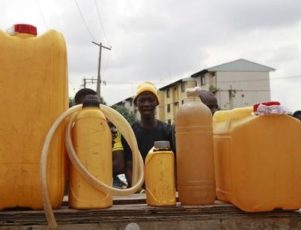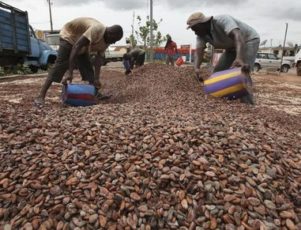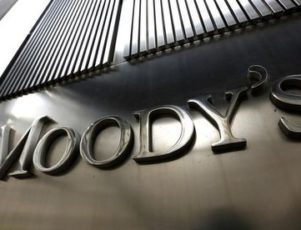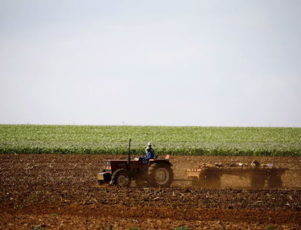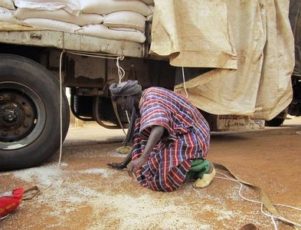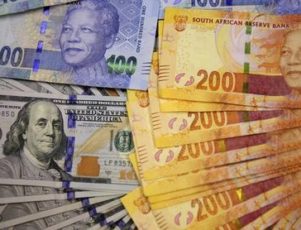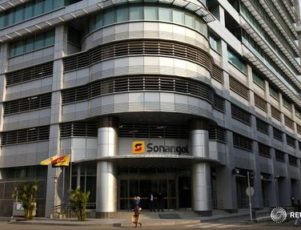(Reuters) – Commodities trader Glencore’s credit rating was downgraded to one notch above junk status by Moody’s Investors Service on Friday which cited likely weak mining market conditions over the next two years.
Moody’s downgraded Glencore’s ratings by one notch to Baa3 from Baa2 and said the outlook was stable.
“Our decision … reflects our expectations that the pricing environment in mining will remain unfavourable in 2016-17, making a return to the previous level of earnings unlikely,” Moody’s lead analyst on Glencore Elena Nadtotchi said in a statement.
“However, we believe that Glencore has the capacity to adjust its balance sheet to a reduced earnings level in order to maintain its investment grade ratings.”
Glencore said last week it remained focused on preserving its investment grade ratings.
Glencore has a higher debt load than its mining company rivals in part because its trading business borrows money to take large positions that can generate tight profit margins.
Moody’s said last month it was reviewing its rating of commodity trader Noble Group for a potential downgrade, citing the company’s weaker than expected liquidity profile and its high leverage. Noble’s current Moody’s rating is Baa3.
Switzerland-based Glencore came under pressure this year from investors and ratings agencies to cut its net debt of around $30 billion, one of the highest in the industry, as prices for commodities such as copper and coal hit multi-year lows.
In September, Glencore said it would take action to cut net debt, including asset sales, reduced expenditure, a suspension of dividend payments and raising $2.5 billion of new equity capital to protect its investment grade ratings after its shares fell to record lows.
It said last week it was targeting net debt of $18 billion to $19 billion by the end of 2016, lowering a previous target of $20 billion, after commodity prices tumbled further.
Glencore had previously said the plan would allow it to withstand copper prices of $4,000 a tonne, and the revised debt target was expected to help the company cope with copper below that level, even at $3,500 a tonne.
Copper hit a six-year low of $4,443.50 a tonne on Nov. 23, but has since recovered and was trading at $4,658 a tonne as of 1410 GMT on Friday.
“The stable outlook on the Baa3 ratings factors the expectation that Glencore will improve its leverage profile in 2016 and will continue to maintain strong liquidity,” Moody’s said.
The ratings agency also said an upgrade of Glencore’s ratings to Baa2 would be considered in the medium term once leverage was sustainably reduced.
Glencore makes about a quarter of its earnings from commodities trading, which had previously allowed it to withstand a steep fall in oil and metal prices slightly better than pure-play miners.
But the division came under the spotlight after it generated lower-than-expected earnings in the first half and the company cut its earnings forecast for the business.
Glencore has set guidance of $2.4 billion to $2.7 billion for the division’s earnings in 2016 and Moody’s said earnings below this target could place negative pressure on the Baa3 ratings.
(Reporting by Olivia Kumwenda-Mtambo; editing by Jason Neely and Jane Merriman)
Read more


